6 Ingredients To Help With Poor Circulation
Do you suffer from poor circulation:
- Numbness and/or tingling in your extremities like hands and feet
- Swelling in the lower extremities
- Cold hands or feet
- Foggy brain
- Digestive problems
- Fatigue
- Joint pain or muscle cramping
These symptoms are not only unpleasant, but can affect your quality of life and lead to more severe complications. Poor circulation can be caused by a myriad of factors including, but not limited to:
- medical conditions
- sedentary lifestyle
- genetic predispositions
- poor dietary choices
Learning what’s causing your circulation condition will help to determine the best treatment options. However, there are many small things you can do which are inexpensive and immediately available for your daily life. Ingredients that you can incorporate into your diet that help increase your blood circulation:
1. Cinnamon
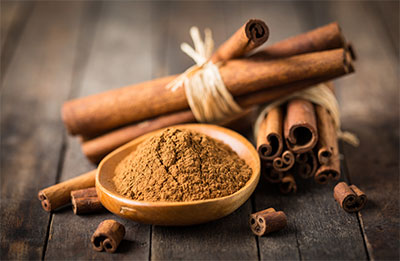
Cinnamon is one of the most well-known spices as it can be used in a variety of cuisines. It has many health benefits, one of which being the ability to increase blood flow. This study shows how cinnamon can relax blood vessels which in turn improve circulation by allowing more blood to flow, and ultimately leads to significantly reduce blood pressure. Cinnamon dietary supplements can also produce similar effects as the spice itself, even with people that have significant health issues like Type 2 Diabetes. This study identifies that the vasorelaxant property of cinnamon due to the production of nitric oxide allows for increased blood flow and lead to lower blood pressure in these patients.
2. Cayenne Pepper
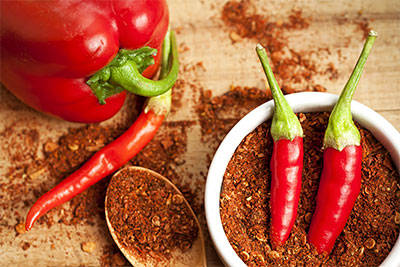
Research indicates that ingesting cayenne pepper increases circulation, improves blood vessel strength and reduces plaque buildup in your arteries. One of the main reasons for this is capsaicin, which is an active compound of cayenne peppers. Capsaicin promotes blood flow to tissues by lowering blood pressure and stimulating the release of nitric oxide and other vasodilators. Vasodilators are compounds that help expand your blood vessels, allowing blood to flow through more easily.
3. Ginkgo Biloba

Ginkgo is one of the oldest species of tree in the world. The trees can grow more than 130 feet tall and can live for over 1,000 years. Gingko biloba extract is derived from the tree leaves and acts as a powerful antioxidant that improves circulation by opening blood vessels. It can be used as both a preventative effort or to reverse the effects of poor circulation. It improves blood flow to the brain, which is why it is credited with improving memory as well.
4. Ginger
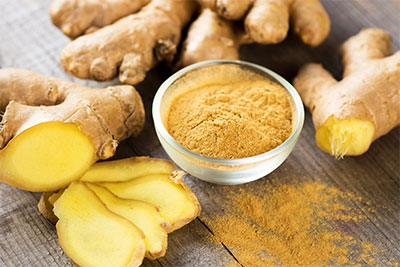
Ginger root is a delicious spice that has actually been used for centuries because of its medicinal qualities. It’s been a staple in Traditional Medicine throughout India and China due to its many health benefits and has been well established to lower blood pressure and improve blood circulation.
5. Turmeric
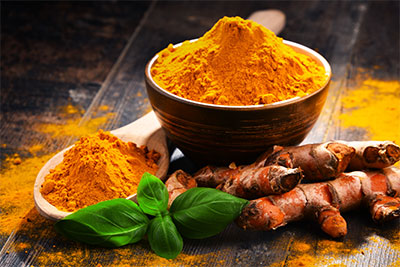
Turmeric is another spice that has been used for many years medicinally, going back almost 4000 years. But Modern Medicine has also begun to recognize its importance, based on the thousands of publications over the last 25 years addressing its health benefits. One of which is its ability to improve blood circulation by opening blood vessels.
6. Garlic
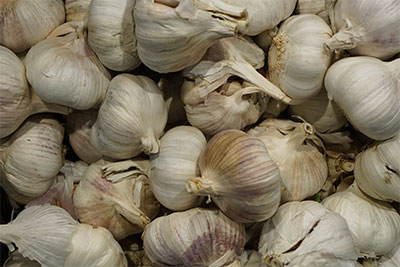
Many studies have been published on the health benefits of garlic, especially on how it positively effects the circulatory system. One of which showed that “consuming garlic cloves can help prevent clogged arteries” while another linked garlic with lower blood pressure due to its key component, allicin, which helps arteries dilate (the widening of arterial blood vessels). Other studies have found that garlic supplements can help boost circulation and improve hearth health by reducing blood pressure in those that have high BP.
So if you want to make some small and simple changes to help improve your poor circulation, try including some of these ingredients into your diet. If your poor circulation is caused by a significant medical condition, always consult with your treating physician before trying any new supplements or adding ingredients into a controlled diet.
You May Also like:
How Vitamin D and Calcium Work Together For Strong Bones